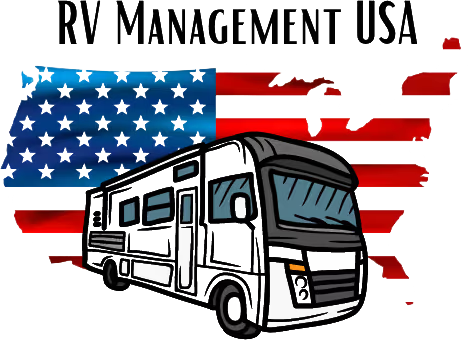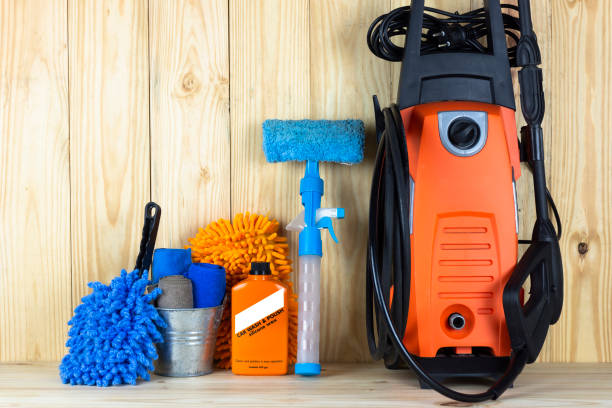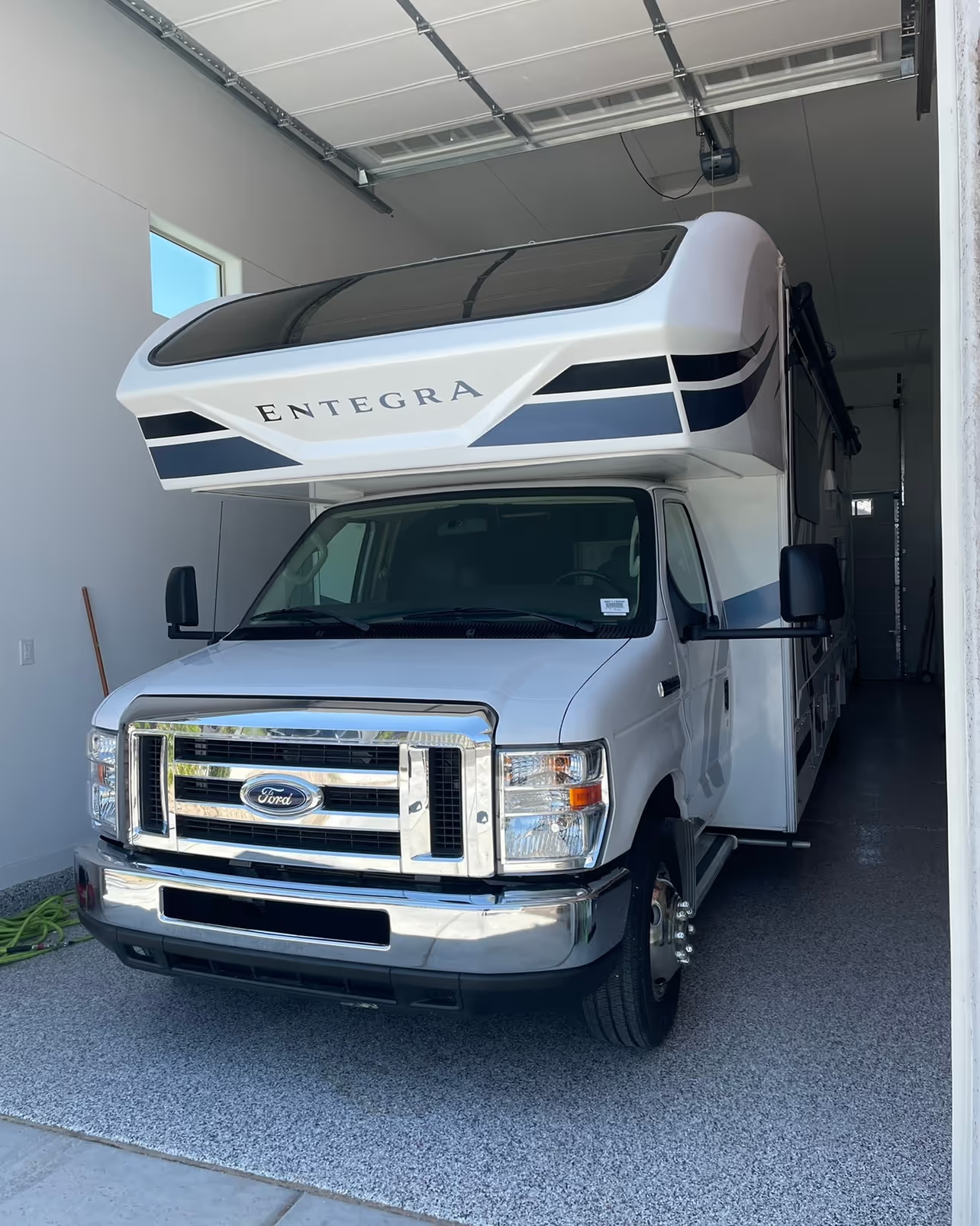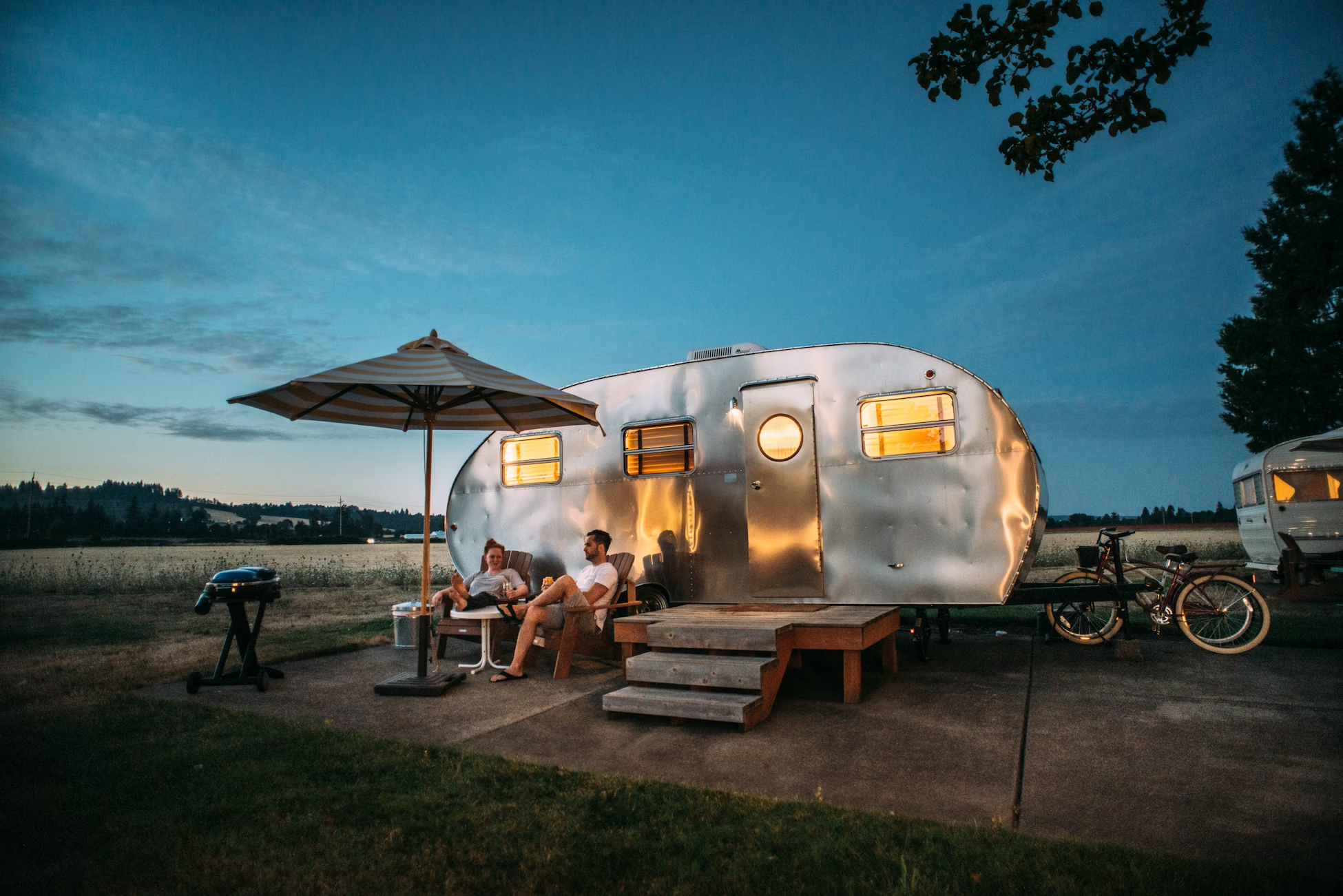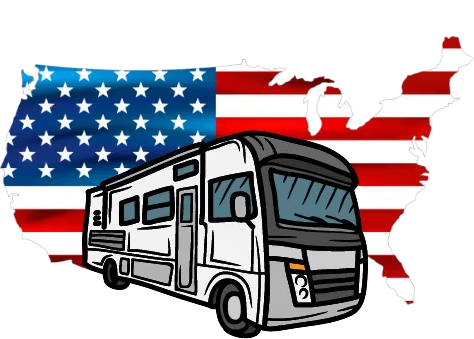One of the most common questions new RV owners ask when they’re ready to start renting is:
“What kind of insurance do I need to protect myself?”
It’s a smart question—because handing over your RV keys to a stranger can feel like a leap of faith. You’ve got a big investment on the line. What happens if someone damages it? Or worse, causes an accident on the road?
The truth is, RV rental insurance works very differently from personal RV insurance—and knowing the difference could mean saving yourself from costly mistakes.
At RVM, we’ve walked hundreds of RV owners through this exact decision. We've seen what happens when someone tries to "wing it" with personal coverage (spoiler: it rarely ends well). But we’ve also seen the confidence—and real profitability—that comes with the right protection in place.
This guide breaks it all down: what’s required, what’s optional, and how to sleep better at night knowing your RV business is covered.
Table of Contents
- Why Standard RV Insurance Doesn’t Cut It for Rentals
- Understanding Commercial vs. Personal Coverage
- What Daily Rental Insurance Should Include
- Protecting Yourself from Liability—Not Just Damage
- Why Guest Screening Matters Just as Much as Coverage
- When to Use Platform-Provided Insurance vs. Your Own Policy
- What About Stationary Rentals and Parked Coverage?
- Case Study: How a Simple Claim Saved an Owner $14,000
- How RVM Handles Insurance and Guest Vetting for You
- Conclusion: Protect the Asset, Grow the Business
1. Why Standard RV Insurance Doesn’t Cut It for Rentals

This is where most new hosts trip up. You’ve got full coverage on your rig through Progressive, GEICO, or State Farm—so you assume you’re good to go, right?
Not quite.
Personal RV insurance doesn’t cover commercial use—and renting your RV out for money is exactly that. If a guest crashes your rig and you didn’t have commercial or rental-specific insurance in place, your claim could be denied entirely.
We’ve seen it happen.
That’s why Step 1 in building a legit rental business is swapping out your coverage—or layering in protection—for rentals.
2. Understanding Commercial vs. Personal Coverage
There are two routes to getting covered:
- Full-time commercial RV rental insurance (usually for those with fleets or dedicated rental units)
- Per-day rental coverage through a platform or third-party provider
If you’re just starting out with one RV, the second option usually makes more sense. Platforms like Outdoorsy, RVshare, and RVM’s own system offer baked-in insurance every time your unit is booked.
That way, you’re only paying for coverage when you’re making money—not when it’s sitting in your driveway.
3. What Daily Rental Insurance Should Include
Not all rental insurance is created equal. Make sure your provider offers:
- Collision coverage (in case of an accident)
- Comprehensive coverage (for theft, vandalism, or weather)
- Liability coverage (in case someone gets injured using your rig)
- Interior damage protection
- Roadside assistance (because guests will call you first when they’re stuck)
At RVM, we bundle all of this into one simple coverage plan—no nickel-and-diming, no guesswork.
4. Protecting Yourself from Liability—Not Just Damage

Here’s something people often miss: damage to the RV is only half the risk.
If a guest backs into someone at a campsite… if their dog bites a neighbor… or if someone trips on the steps and breaks a leg—you could be named in a lawsuit.
That’s where liability protection becomes crucial. Good rental insurance doesn’t just fix the RV—it shields you from legal exposure.
Always read the fine print: some peer-to-peer platforms cap liability limits lower than you might expect. RVM’s policies include up to $1 million in liability coverage per incident, because peace of mind shouldn’t be optional.
5. Why Guest Screening Matters Just as Much as Coverage
Even with the best insurance, prevention is always cheaper than repairs.
We’ve found that the best protection starts before the keys change hands. That’s why RVM has a full guest vetting process:
- Verified driver’s license
- Driving record check
- Credit card on file
- Security deposit held
It’s not just about trust—it’s about lowering risk, keeping your premiums low, and making sure every rental starts off right.
6. When to Use Platform-Provided Insurance vs. Your Own Policy
If you're listing on platforms like Outdoorsy or RVshare, their insurance is usually baked in. But if you're managing rentals yourself—or through a company like RVM—you may have more flexibility.
In some cases, it actually saves money to purchase a stand-alone commercial policy—especially if you plan to scale.
We’ll help you do the math:
- What does per-day coverage cost over a year?
- How many bookings will you need before a full-time policy makes sense?
There’s no one-size-fits-all, but there is a right-fit plan for your setup.
7. What About Stationary Rentals and Parked Coverage?
Thinking of listing your RV as a stationary rental—maybe parked at a farm, on a lot, or in a backyard?
Good news: it’s often easier (and cheaper) to insure.
Because the RV’s not being driven, liability and damage risks are lower. You’ll still need protection, but you may qualify for a different (and more affordable) plan.
We help owners navigate this too—including partnerships with insurance providers who understand the difference.
8. Case Study: How a Simple Claim Saved an Owner $14,000
One of our Florida-based hosts had their Class A booked for a 10-day family road trip to Georgia. On Day 6, the guests backed into a tree at a rest stop—damaging the slide-out and smashing the rear window.
Repairs totaled just over $14,000.
Because they had proper daily rental insurance through RVM, the owner paid nothing out of pocket. The claim was processed in under two weeks, and the RV was back in service for the next renter.
Without that coverage? That damage would’ve been a business-ender.
9. How RVM Handles Insurance and Guest Vetting for You

We believe you should be focused on income—not insurance paperwork.
That’s why RVM offers:
- Built-in per-day rental coverage for all bookings
- Guest screening and damage deposit handling
- Fast claims processing and repair coordination
- Fleet protection for multiple units if you decide to scale
Our goal is simple: take the “what ifs” out of RV renting—so you can grow with confidence.
10. Conclusion: Protect the Asset, Grow the Business
You’ve invested a lot into your RV—money, time, maybe even memories. Don’t leave that unprotected when you start renting.
Whether you own one RV or plan to build a fleet, having the right insurance (and systems) in place is what separates stress-free hosts from horror stories.
With RVM, you get coverage that works with your business—not against it.
Protect the asset. Minimize the risk. And focus on what really matters—building something great.
— RVM Team
